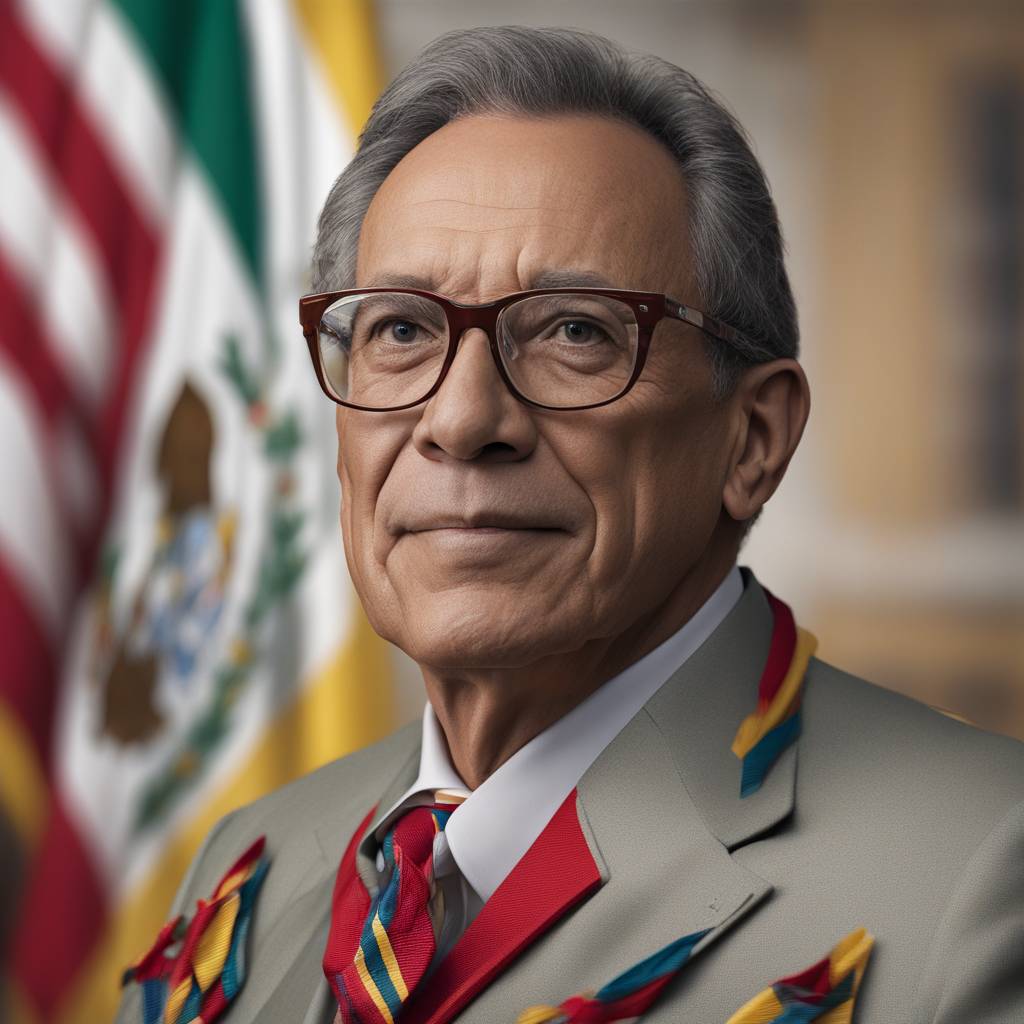Ecuador faced backlash after raiding the Mexican embassy in Quito to extract former Vice President Jorge Glas, who had been granted political asylum by Mexico. Glas, who had been living in the embassy since December after being convicted of corruption in Ecuador, was taken by armed forces and later hospitalized after refusing to eat for 24 hours in prison. Mexico responded by suspending diplomatic relations with Ecuador and withdrawing embassy personnel, with President Lopez Obrador planning to file a complaint at the International Court of Justice for violating international law and sovereignty.
Many in Latin America and beyond condemned Ecuador’s actions, citing a breach of the Vienna Convention that protects embassies. However, Ecuador defended its raid, claiming that Mexico had no authority to grant asylum to Glas while he faced criminal charges in Ecuador. One of Glas’s lawyers raised concerns over his inability to contact his legal team and demanded unlimited in-person legal access to him. The former vice president, who served over four years in prison before being released in 2022, has maintained that the charges against him are politically motivated.
President Noboa of Ecuador expressed a desire to resolve the dispute with Mexico but emphasized that justice cannot be negotiated. He affirmed that criminals who have harmed Mexicans will not be protected. Despite the tensions, Mexico announced that it has no intention of expelling the Ecuadorian diplomatic mission from its capital. In response to the embassy raid, the Organization of American States (OAS) is scheduled to hold a special meeting in Washington, DC, to address the violation of the Vienna Convention, a meeting initiated by Colombia and Bolivia.
The dramatic events surrounding Jorge Glas’s extraction from the Mexican embassy in Quito have resulted in a strained diplomatic relationship between Ecuador and Mexico. The use of armed forces to remove an individual granted asylum within an embassy raised concerns about respect for international law and sovereignty. Glas’s health issues following the raid and his limited access to legal counsel have raised further human rights concerns. Both countries have defended their positions, with Ecuador asserting its right to pursue justice against Glas and Mexico condemning the violation of diplomatic norms.
As the situation unfolded, leaders from Latin America and beyond have weighed in on the incident, reflecting a wider concern about the sanctity of embassies and the rights of individuals granted asylum. Despite the tensions, there seems to be a willingness on the part of Ecuador to engage in dialogue with Mexico to address the issue. The upcoming OAS meeting is expected to provide a platform for member states to discuss and address the violation of the Vienna Convention and seek resolution to the diplomatic dispute. The outcome of these discussions could have broader implications for diplomatic relations and the respect for international law in the region.













